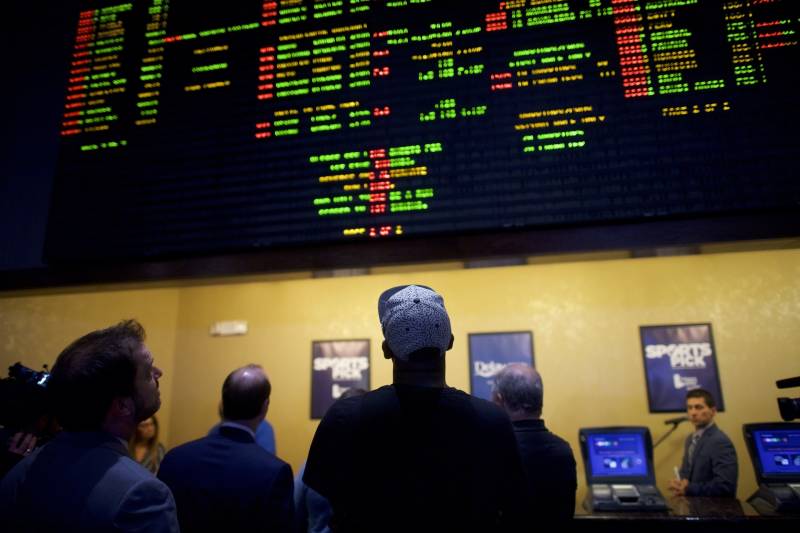California legislators are unveiling details of a proposal to legalize sports betting through an initiative they plan to place on the November ballot.
With the state potentially facing billions of dollars in budget cuts, supporters of legal sports wagering are doubling down on their argument that taxing bets will provide a new revenue stream for the state.
“Raising money from as many sources as possible so we can make fewer cuts to this already devastated budget is so incredibly important,” said state Sen. Bill Dodd, D-Napa, the proposal’s author, in an interview. “Sports betting in the state of California is in the billions of dollars right now, and it’s totally untaxed.”
Nationally, the American Gaming Association estimates that $150 billion is bet illegally every year through bookies and apps based offshore.
Under Senate Constitutional Amendment (SCA) 6, the details of which were released on Thursday, Californians could legally place sports bets at Indian casinos and horse racing tracks.
Importantly, bets could also be placed online, or through mobile apps. Those online wagers could make up more than 85% of the betting in California, according to estimates from Eilers & Krejcik Gaming, a research firm focused on the gambling industry.
Betting on regular-season games involving California public universities would not be allowed, Dodd said.

